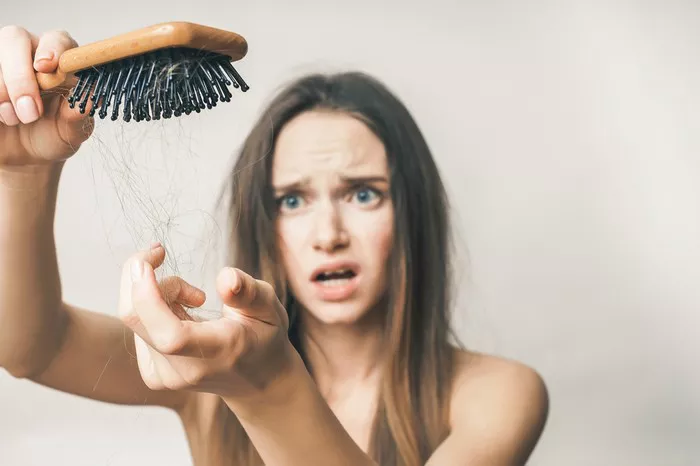In today’s fast-paced world, hair loss is not uncommon. Alopecia, a condition that leads to hair loss, affects millions of people worldwide. It’s essential to understand the physical and emotional impact alopecia can have on your body. In this comprehensive article, we will delve deep into the world of alopecia, exploring its various facets and providing valuable insights into its effects on your body.
Types of Alopecia
Alopecia is not a one-size-fits-all condition. There are several types of alopecia, each with its unique characteristics and effects. Understanding these distinctions can help you better comprehend what alopecia can do to your body.
1. Androgenetic Alopecia:
This is the most common type of hair loss, often referred to as male or female pattern baldness. It typically affects the crown and temples and is caused by genetic factors.
2. Alopecia Areata:
This autoimmune condition results in sudden, patchy hair loss. It can affect any hair-bearing area of the body and may lead to complete hair loss on the scalp (alopecia totalis) or the entire body (alopecia universalis).
3. Scarring Alopecia:
This type of alopecia is characterized by inflammation and scarring of hair follicles, leading to permanent hair loss. It can be caused by various factors, including autoimmune diseases and infections.
4. Telogen Effluvium:
Often triggered by stress, illness, or hormonal changes, this condition leads to excessive shedding of hair. Fortunately, it is usually temporary and reversible.
5. Traction Alopecia:
This type results from excessive pulling or tension on the hair, typically due to hairstyles like tight braids or ponytails. It can lead to hair loss in specific areas.
Psychological Impact
Alopecia is not just a physical issue; it can also take a toll on your mental and emotional well-being. The emotional impact of hair loss should not be underestimated, as it can affect self-esteem and overall quality of life.
Hair loss can significantly impact an individual’s self-esteem, leading to feelings of self-consciousness and inadequacy. Understanding and addressing these emotional challenges is crucial.
Studies have shown that alopecia can lead to anxiety and depression in affected individuals. Seeking emotional support and counseling can help mitigate these effects.
Physical Implications
Beyond its psychological effects, alopecia can also have physical implications on your body.
1. Sun protection:
With the loss of scalp hair, it’s important to protect your head from harmful UV rays. Applying sunscreen or wearing hats can help prevent sunburn and skin damage.
2. Temperature regulation:
Hair plays a role in regulating body temperature. Without it, you may be more susceptible to temperature extremes, so it’s essential to adapt accordingly in extreme weather conditions.
3. Skin care:
Maintaining a healthy scalp is crucial. Regular cleansing and moisturizing can prevent dryness and irritation.
Treatment Options
Fortunately, there are various treatment options available for managing alopecia and its effects on your body.
1. Medications:
Depending on the type of alopecia, your doctor may prescribe medications like minoxidil, corticosteroids, or immunosuppressants to promote hair regrowth or manage inflammation.
2. Hair restoration surgery:
In cases of severe hair loss, hair transplant surgery can be an effective option. It involves transplanting hair follicles from one area of your body to the affected area.
3. Wigs and hairpieces:
Many individuals with alopecia opt for wigs or hairpieces to regain their confidence and appearance.
Lifestyle and Diet
Your lifestyle and dietary choices can also play a role in managing alopecia and its impact on your body.
1. Nutrition:
A balanced diet rich in vitamins and minerals, particularly those that support hair health like biotin, can contribute to hair strength and growth.
2. Stress management:
Stress can exacerbate hair loss. Incorporating stress-reduction techniques such as meditation and exercise into your daily routine can help.
3. Hair care practices:
Be gentle with your hair. Avoid harsh styling techniques or products that can further damage fragile hair.
See Also: How to Stop Diffuse Hair Loss: A Step-by-Step Guide
In conclusion
Alopecia can have a profound impact on your body, both physically and emotionally. Understanding the types of alopecia, its psychological implications, and the available treatment options is essential for anyone dealing with this condition. By addressing the physical and emotional aspects of alopecia, you can take proactive steps to manage its effects and regain confidence in your appearance and overall well-being. Remember, you are not defined by your hair; your strength and resilience shine through regardless of the challenges you face.


